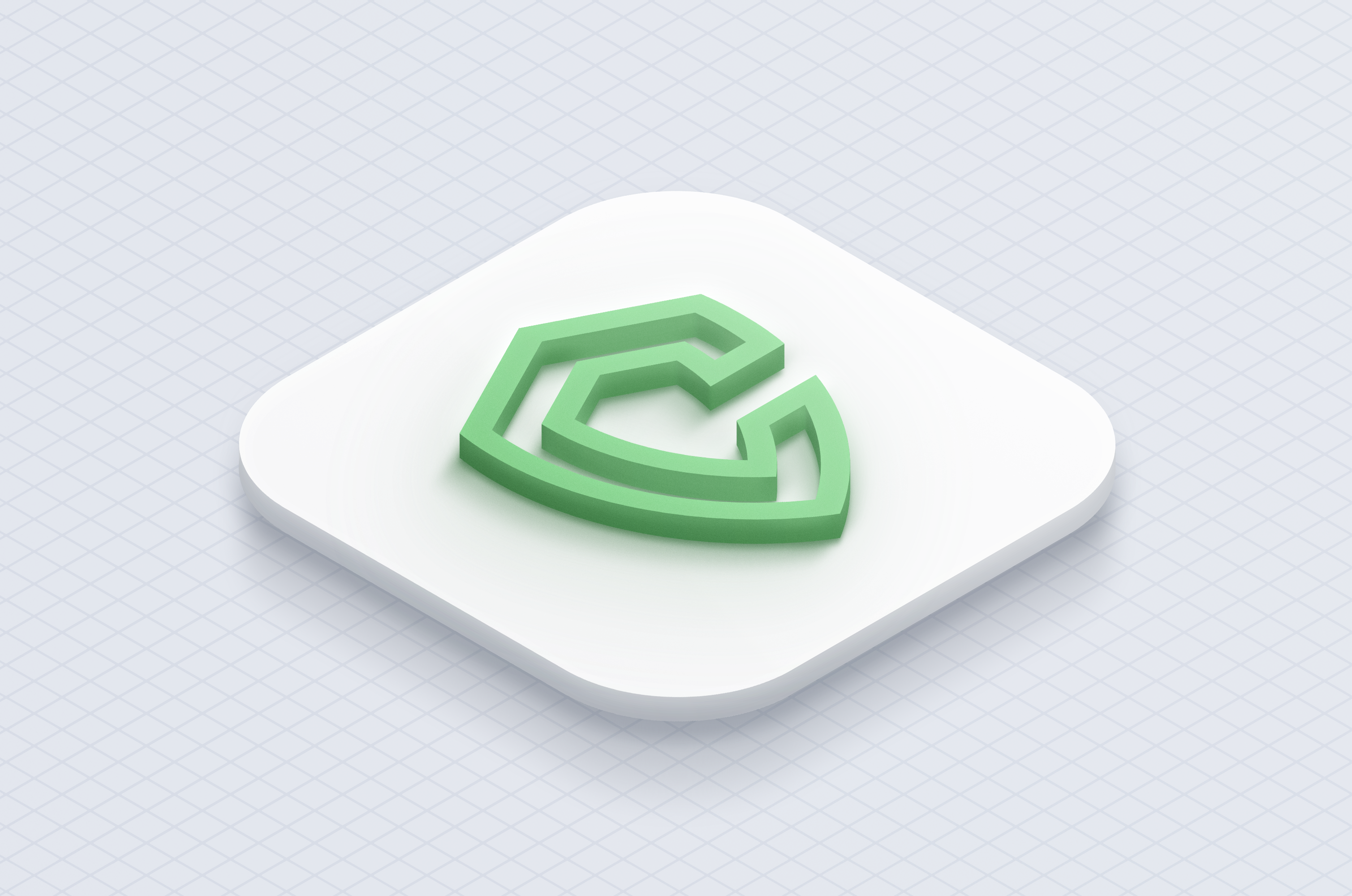Achieving Nigeria NDPA 2023 Compliance: The Role of Complyan in Data Protection

Nigeria has strengthened its data privacy protection with the Nigeria Data Protection Act 2023 (NDPA), signed into law on 12 June 2023. This comprehensive legislation replaced the previous Nigeria Data Protection Regulation (NDPR) from 2019 and established the Nigeria Data Protection Commission (NDPC) as the principal regulatory authority for data protection matters.
For businesses operating in Nigeria or processing personal data of Nigerian citizens, understanding and complying with the NDPA requirements has become essential. The law brings new obligations, registration requirements, and compliance frameworks that organizations must implement to protect personal information and maintain lawful operations.
NDPR at a Glance
Issued by the National Information Technology Development Agency (NITDA), the NDPR was designed to address growing concerns about data privacy and security across sectors. The regulation applies to all forms of personal data processing involving Nigerian citizens and residents, whether by local or foreign entities. It covers a wide range of personal information names, phone numbers, financial records, employment data, and even sensitive health information.
The core goals of the NDPR include safeguarding the rights of data subjects, promoting transparency in data processing, and encouraging safe handling of personal data to ensure Nigeria’s competitiveness in international trade.
Key obligations under the regulation include:
– Appointing a Data Protection Officer (DPO)
– Filing an audit report with NITDA through a licensed Data Protection Compliance Organisation (DPCO)
– Publishing a data protection policy
– Implementing data security measures
– Training personnel involved in processing activities
Failure to meet these requirements can result in fines up to N10 million or 2% of annual gross revenue, whichever is higher. That’s not to mention reputational risk, legal liabilities, and the operational chaos that follows a breach.
Scope and Applicability
The NDPA applies to businesses established in other jurisdictions where they are involved in processing personal data of data subjects in Nigeria (Section 2(2) of the NDPA). This extraterritorial reach means that any organization, regardless of location, must comply with Nigerian data protection laws when handling Nigerian citizens’ personal information.
The law covers any information relating to an individual who can be identified directly or indirectly, including names, identification numbers, location data, online identifiers, and factors specific to physical, physiological, genetic, psychological, cultural, social or economic identity (NDPA Definition of Personal Data).
The Operational Reality
NDPR compliance involves more than just creating policies or assigning responsibilities; it impacts daily operations, including how data is gathered, stored, accessed, and shared. Every action must adhere to legal and security requirements, with proper documentation to ensure traceability. Privacy policies should be straightforward and easy to comprehend. Consent must be accurately recorded, and agreements with third-party processors should be binding. For international data transfers, necessary approvals must be secured.
Many teams struggle to stay on top of these requirements. Relying solely on spreadsheets or informal reviews risks overlooking critical details. Data flows rapidly across various tools and departments, making it easy to miss important obligations without a well-integrated system that ensures consistency and compliance.
Registration Requirements for Major Data Processors
One of the most significant changes introduced by the NDPA is the mandatory registration system for Data Controllers or Processors of Major Importance (DCPMI). DCPMIs must register with the NDPC within six months of the Act’s commencement or upon becoming a DCPMI (Section 44 of the NDPA).
The NDPC has classified DCPMIs into three categories based on data processing volume (NDPC Official Registration Portal):
- Major Data Processing – Ultra High Level (MDP-UHL): Processing over 5,000 data subjects (Registration fee: ₦250,000)
- Major Data Processing – Extra High Level (MDP-EHL): Processing over 1,000 data subjects (Registration fee: ₦100,000)
- Major Data Processing – Ordinary High Level (MDP-OHL): Processing over 200 data subjects (Registration fee: ₦10,000)
Where Complyan Fits In
Complyan is purpose-built to make data protection compliance manageable, especially under frameworks like NDPR. It automates the heavy lifting, brings clarity to compliance processes, and keeps your organization audit-ready at all times.
With Complyan, businesses can:
– Automate evidence collection for NDPR audits
– Maintain an up-to-date record of processing activities (ROPA)
– Manage third-party risk with streamlined due diligence workflows
– Track and demonstrate data subject rights responses (access, correction, erasure, etc.)
– Enforce policy version control and secure employee acknowledgments
– Monitor compliance KPIs through a real-time dashboard
The platform is also adaptable, allowing users to plug in Nigeria-specific requirements while referencing international standards. So, whether you’re responding to a request from NITDA, onboarding a new vendor, or updating your privacy notice, Complyan helps you move quickly and confidently.
Bridging Regional and Global Standards
One of Complyan’s strengths is its multi-jurisdictional capability. If you’re a Nigerian entity handling data from the UAE, KSA, or the EU, you’ll likely have to comply with multiple data protection laws at once. Complyan has already supported organizations under frameworks such as:
– UAE’s Personal Data Protection Law (PDPL)
– Saudi Arabia’s PDPL
– GDPR
These previous deployments mean the platform doesn’t just accommodate NDPR, it enhances the organization’s readiness for broader compliance obligations.
Conclusion
Nigeria’s Data Protection Act 2023 represents a significant advancement in privacy protection, bringing both opportunities and challenges for organizations. While compliance requirements are complex and penalties severe, the right approach and tools make success achievable.
Complyan’s Cybersecurity GRC Compliance platform transforms NDPA compliance from a burden into a competitive advantage. By automating complex requirements, providing expert guidance, and enabling proactive privacy management, Complyan helps organizations build trust with Nigerian customers while minimizing regulatory risk.
The time for action is now. With registration deadlines approaching and enforcement activities increasing, organizations cannot afford to delay their NDPA compliance efforts. Complyan stands ready to guide your organization through every aspect of Nigerian data protection compliance, ensuring you meet regulatory requirements while building a sustainable privacy program for the future.





 Governance and Policy Management
Governance and Policy Management